For immediate release: Oct. 13, 2022
University of Nevada, Reno launches new agricultural communication minor
Students will learn how to communicate effectively about important agriculture-related issues
RENO, Nev. – With issues such as those concerning land use, food production and natural resource management becoming increasingly important to understand in today’s world, the University of Nevada, Reno has launched a new minor in agricultural communication to help students effectively understand and communicate about issues related to agriculture, biotechnology, natural resources and environmental science. The program is meant to complement existing University courses, and to provide a minor degree for students interested in careers in the diverse agricultural and environmental science communication industry, including as journalists, multi-media producers, advocates or public relations professionals.
The minor is offered by the University’s College of Agriculture, Biotechnology & Natural Resources, and administered by the College’s Department of Agriculture, Veterinary & Rangeland Sciences. It is open to all students attending the University.
“There are a host of topics and issues that we teach about and conduct research on in our College that present communication challenges,” said College Dean Bill Payne. “It’s important that we prepare students to communicate effectively and ethically about these topics of study and research that affect our everyday lives and our future.”
Barry Perryman, chair of the Department, points out that although only about 1% to 1.5% of the U.S. population works in agriculture-related fields, everyone is affected by these fields. He says it’s important to increase understanding of these industries and issues.
“Agriculture-related fields provide food production and security, as well as maintain functioning rangeland ecosystems,” he said. “Our new agricultural communication minor will equip students with the knowledge and skills they need to understand and communicate news and research in these fields through emerging and traditional media sources.”
The minor is designed to help students tackle conveying accurate information and emerging research related to a range of topics, such as rangeland ecology and management, plant science, forage science, horticulture, animal science, veterinary science, nutrition and dietetics, biochemistry, forest ecology, and environmental science. The courses cover reporting and public relations fundamentals, as well as how students can leverage technology to become more effective communicators.
Working with communication professionals and scholars, four new courses were developed for the 18-credit program and serve as its core: Introduction to Agricultural Communication, New & Emerging Media in Agriculture, Reporting & Public Relations in Agriculture, and Communicating Agricultural & Environmental Policy. Students in the program also complete the Introduction to Media and Society course, offered by the University’s Reynolds School of Journalism.
The College developed the minor in consultation with the School of Journalism, and with the Department of Communication Studies. Students can choose from more than 20 courses offered by the College, the School of Journalism and Communication Studies to complete the minor, depending on their career goals.
For more information, contact Perryman at perryman@unr.edu or 775-784-1265.
– @unevadareno –
Photo Cutline: University of Nevada, Reno President Brian Sandoval meets Desert Farming Initiative student intern Noelle Tegano at the University’s Experiment Station Valley Road Field Lab. Looking on, left to right: Americorps service member Alison Bunyan, student intern Everett Cook and Desert Farming Initiative Director Jill Moe. Photo by Robert Moore.
The University of Nevada, Reno, is a public research university that is committed to the promise of a future powered by knowledge. Nevada’s land-grant university founded in 1874, the University serves 21,000 students. The University is a comprehensive, doctoral university, classified as an R1 institution with very high research activity by the Carnegie Classification of Institutions of Higher Education. Additionally, it has attained the prestigious “Carnegie Engaged” classification, reflecting its student and institutional impact on civic engagement and service, fostered by extensive community and statewide collaborations. More than $800 million in advanced labs, residence halls and facilities has been invested on campus since 2009. It is home to the University of Nevada, Reno School of Medicine and Wolf Pack Athletics, maintains a statewide outreach mission and presence through programs such as the University of Nevada, Reno Extension, Nevada Bureau of Mines and Geology, Small Business Development Center, Nevada Seismological Laboratory, and is part of the Nevada System of Higher Education. Through a commitment to world-improving research, student success and outreach benefiting the communities and businesses of Nevada, the University has impact across the state and around the world. For more information, visit www.unr.edu.
Contact: Claudene Wharton
Senior Marketing & Communications Specialist
College of Agriculture, Biotechnology & Natural Resources
University of Nevada, Reno / MS 0405
Reno, Nevada 89557-0404
775-784-7072
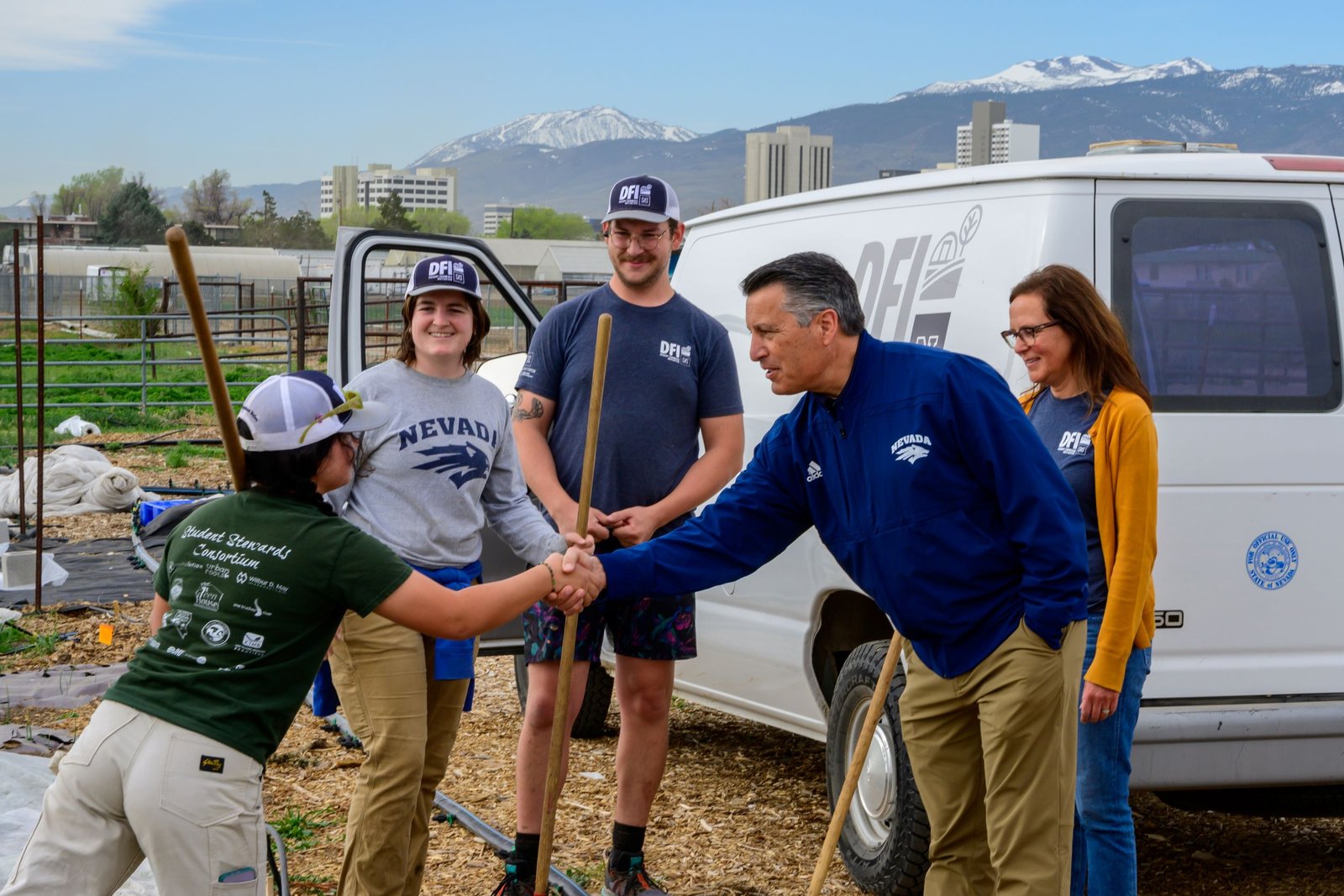
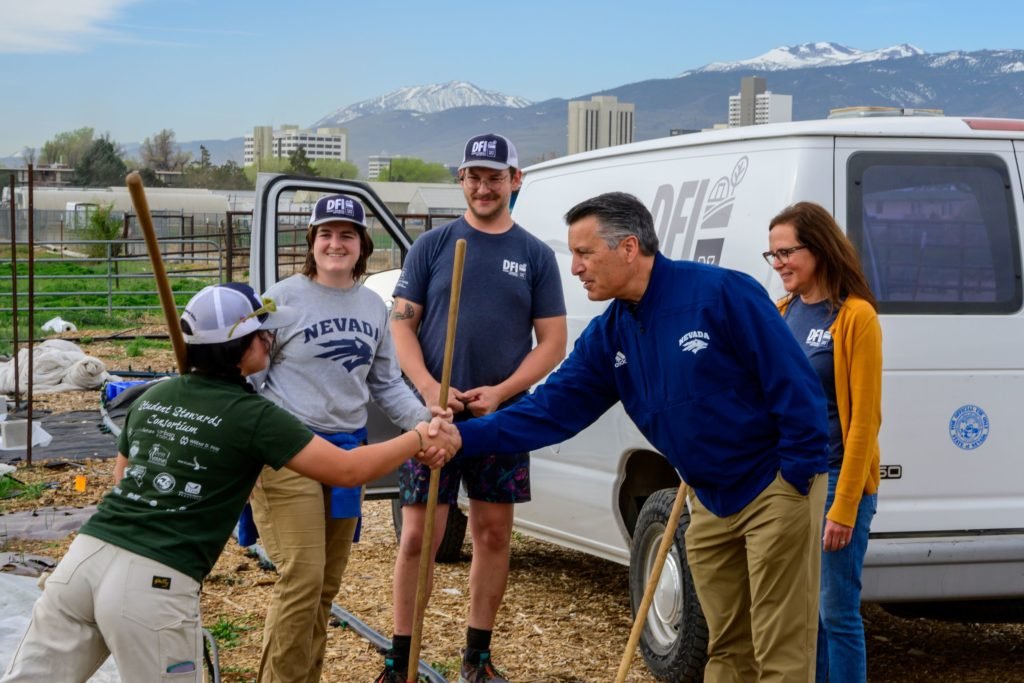
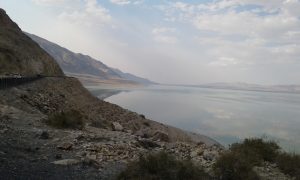
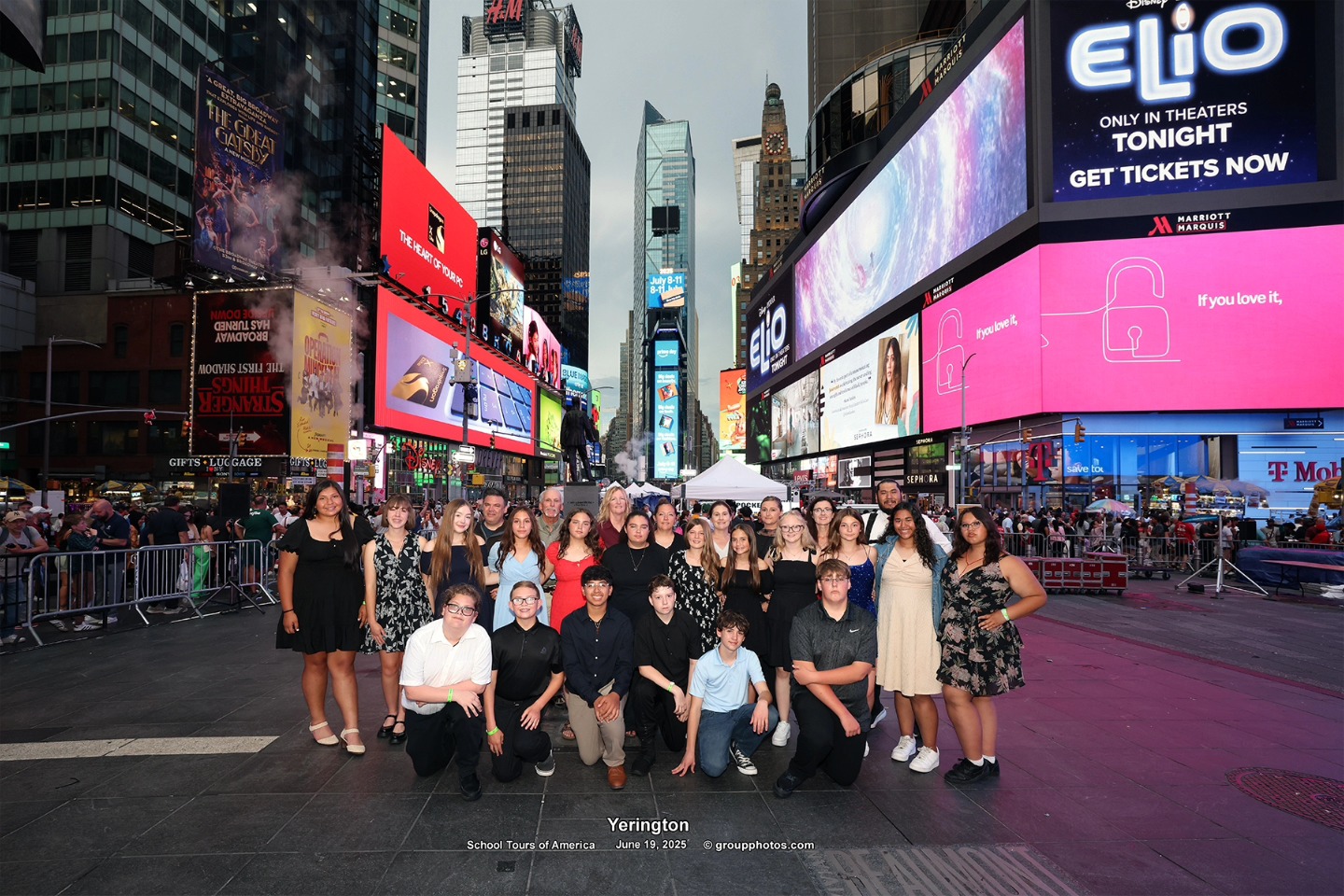

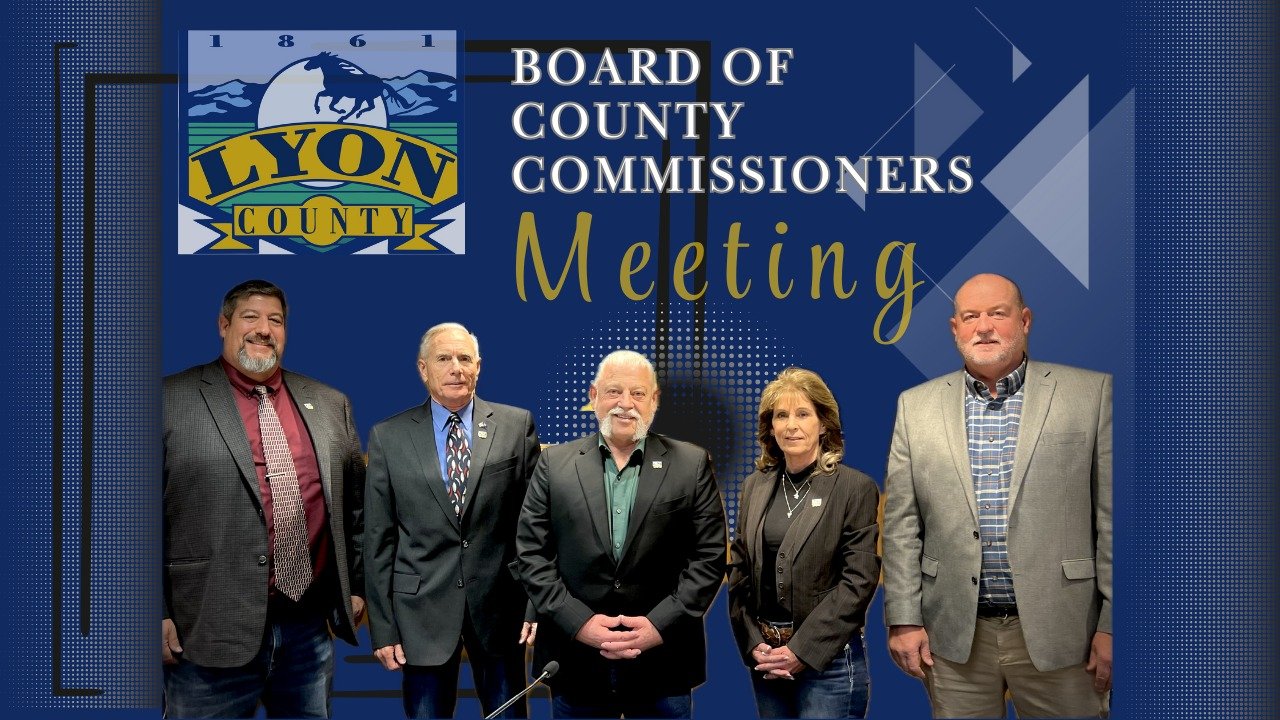
More Stories
Yerington 8th Grade Group & Chaperones Travel to Washington D.C. & the Big Apple
Lyon County Sheriff Pope’s Message of the Week on June 20, 2025
GraduationS 2025 Photo Gallery from Southern Lyon County & Schurz, Nevada